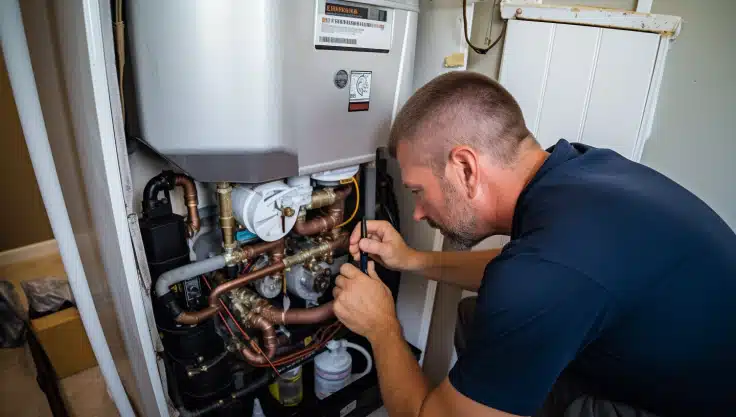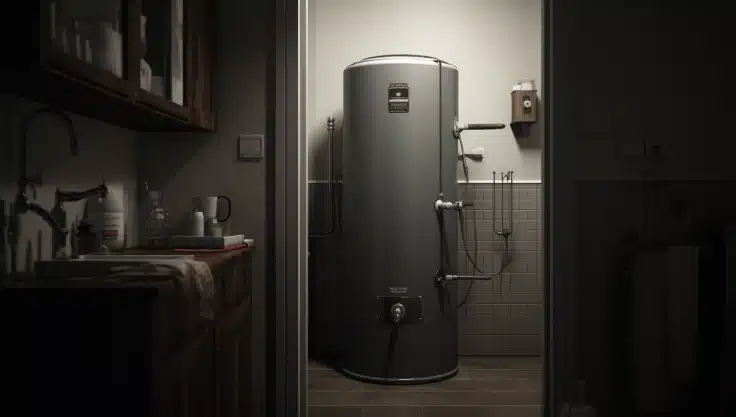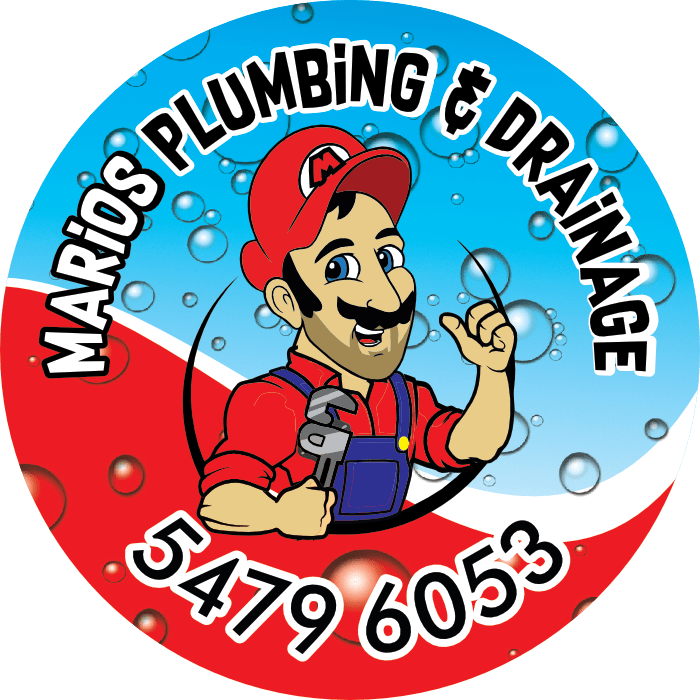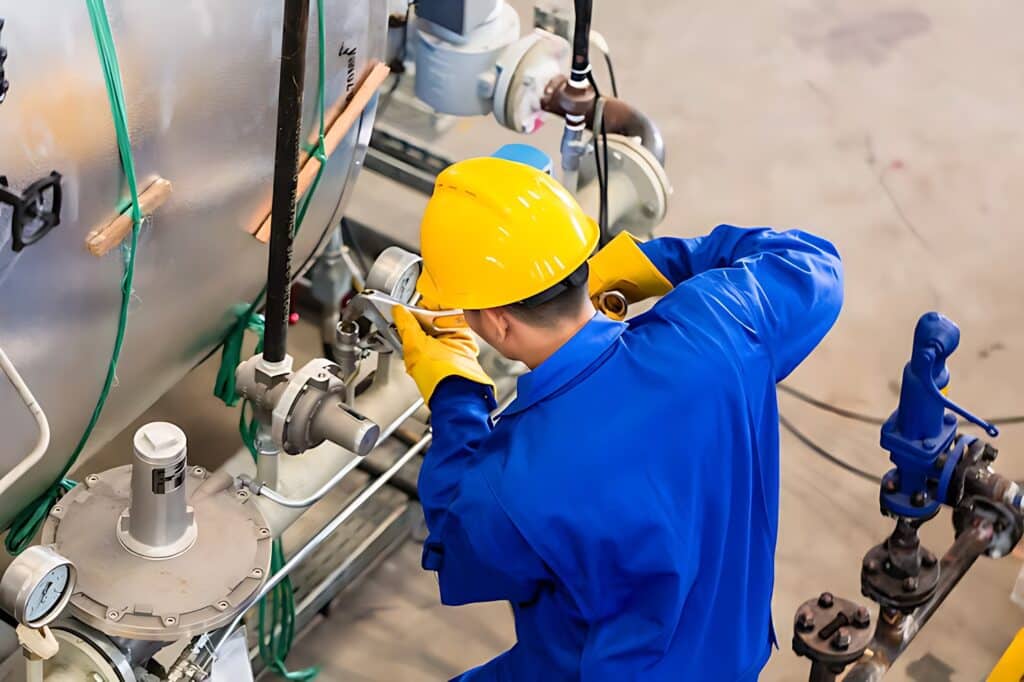When it comes to ensuring comfort and convenience in our homes, a reliable hot water system plays a crucial role. Whether you’re replacing an old unit or installing one for the first time, several factors should guide your decision-making process. Firstly, consider your household’s hot water usage patterns. A larger family, for instance, will require a system with a higher capacity to meet their daily needs without running out of hot water. Secondly, evaluate the energy efficiency of the system. Opting for a model that conserves energy not only reduces utility bills but also contributes to environmental sustainability. Additionally, think about the type of fuel or energy source available to you—whether it’s electricity, gas, or solar power—since this will impact both the operational cost and environmental footprint of the system. By carefully weighing these factors, you can select a hot water system that best fits your household’s requirements while aligning with your budget and sustainability goals.
Different Types of Hot Water Systems Explained

Sure, hot water systems are crucial for everyday comfort and convenience in both residential and commercial settings. They come in various types, each offering unique advantages depending on factors like energy efficiency, space requirements, and heating capacity. Understanding these different systems can help you choose the most suitable option for your needs.
Conventional Storage Water Heaters
Conventional water heaters are widely recognized as one of the most prevalent types of water heating systems in residential and commercial settings. They are characterized by their large tanks, designed to store heated water for immediate use whenever needed. Operating on either gas or electricity, these heaters efficiently heat water to a desired temperature and maintain it throughout the day, ensuring a constant supply of hot water for various household or business activities.
Tankless (On-Demand) Water Heaters
Tankless water heaters, also known as on-demand water heaters, operate fundamentally differently from conventional water heaters by eliminating the need for a storage tank.Instead of continuously heating and storing a large volume of water, tankless heaters heat water directly as it passes through the unit. This approach offers several advantages, including significant energy savings and a continuous supply of hot water.
Heat Pump Water Heaters
Heat pump water heaters are advanced systems that leverage the principles of heat transfer to efficiently heat water using electricity. Unlike conventional water heaters that generate heat directly, heat pump water heaters move heat from one location to another, making them highly energy-efficient. This process is akin to how refrigerators work but in reverse:instead of expelling heat, they extract it from the ambient air or ground and transfer it to the water.
Solar Water Heaters
Solar water heaters harness the power of sunlight to provide hot water through a renewable and sustainable process. These systems typically consist of solar collectors, which are panels designed to absorb sunlight and convert it into heat energy. This heat is then transferred to water stored in a tank or directly circulated through a system for immediate use.
Condensing Water Heaters
Condensing water heaters are high-efficiency units that extract heat from exhaust gasses through a second heat exchanger, thereby maximizing energy efficiency. They are typically powered by gas and are ideal for larger households or commercial settings.
Factors That Affect Installation Costs of Hot Water Systems

When planning the installation of a hot water system, several key factors can impact the overall cost. The type of system chosen, such as conventional storage tank heaters, tankless water heaters, heat pump water heaters, or solar water heaters, will heavily influence initial costs, with tankless and solar systems typically requiring higher upfront investments but potentially yielding long-term savings. Installation complexity, including plumbing requirements and electrical upgrades, can also add to expenses. Additionally, considerations like the size of the system needed based on household usage, energy efficiency ratings, and local climate conditions affecting system performance and energy consumption should be taken into account.
Type of System
The type of hot water system you choose will have a significant impact on installation costs. For example, tankless water heaters typically require different installation considerations than conventional storage tanks or solar systems.
Size and Capacity
The size and capacity of the hot water system needed depend on factors such as the size of your home or building, the number of bathrooms, and the peak hot water demand. Larger systems or systems with higher capacities may require more extensive installations.
Fuel Source
The choice of fuel source for a hot water system can significantly impact installation costs and considerations. Gas-powered systems, for instance, often necessitate additional expenses for venting requirements and gas line installations to ensure safe operation and compliance with building codes. These installations may involve hiring licensed professionals and coordinating with utility providers, adding to the upfront costs.
Existing Infrastructure
The condition and configuration of your existing plumbing and electrical infrastructure can impact installation costs. Upgrading or modifying existing systems to accommodate a new hot water system may add to the overall cost.
Location and Accessibility
The physical location chosen for installing a hot water system significantly impacts both installation feasibility and costs. Accessibility issues, such as limited space or challenging terrain for outdoor installations like solar panels, can necessitate additional labor and equipment, thereby increasing overall expenses. For example, installing solar water heaters may require clear and unobstructed access to sunlight, potentially involving structural modifications or specialized mounting solutions on rooftops or in open areas.
Integration with Smart Home Technology: Are Smart Hot Water Systems Worth It?
Embracing Smart Technology
In an era where smart home technology is transforming everyday appliances,hot water systems are also becoming smarter. Smart hot water systems promise convenience, efficiency, and control from your fingertips. But are they worth the investment? Let’s explore the key points to consider.
- Convenience and Control: Smart hot water systems allow remote monitoring and control via smartphone apps. This means adjusting temperature settings, scheduling heating times, and receiving alerts for leaks or malfunctions from anywhere.
- Energy Efficiency: Many smart systems optimize energy use based on household habits and weather conditions. They can learn patterns, adjust heating schedules, and even integrate with renewable energy sources like solar panels for greater efficiency.
- Maintenance Alerts: Smart systems can alert you to maintenance needs, such as sediment buildup or system malfunctions, potentially preventing costly repairs and extending the system’s lifespan.
- Initial Cost vs. Long-Term Savings: While smart systems may have a higher initial cost compared to traditional models, the potential energy savings and reduced maintenance costs over time can make them a cost-effective investment.
Conclusion
Choosing the right hot water system involves careful consideration of several key factors. Firstly, understanding your household’s hot water demands is crucial; whether you need a system that provides instant hot water or one with a large storage capacity depends on your usage patterns. Secondly, efficiency and energy consumption should be prioritized to minimize running costs and environmental impact. Selecting a reputable brand known for reliability and durability can also ensure long-term satisfaction with your investment. Lastly, installation and ongoing maintenance are vital for optimal performance and longevity of your hot water system.
For expert advice tailored to your specific needs in Sunshine Coast, Queensland, contact Mario’s Plumbing and Drainage at 07 5479 6053. Our team specializes in helping homeowners choose and install the perfect hot water system, ensuring efficient operation and peace of mind. Whether you’re upgrading an existing system or installing one in a new property, Mario’s Plumbing and Drainage is committed to providing top-notch service and support. Reach out today to discuss your requirements and schedule a consultation with our experienced professionals.


